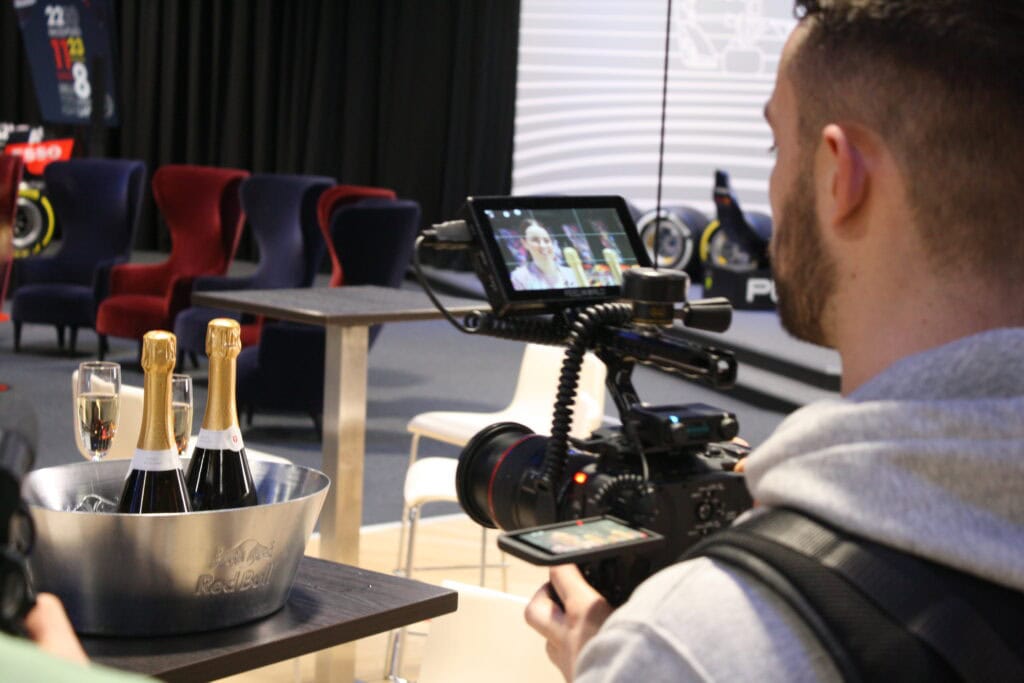If the last 12 months are anything to go by, the future of digital learning in 2050 is set to revolutionise how learners develop and learn new skills. As we look ahead, the intersection of technology, connectivity, innovation and people paints a landscape where learning becomes seamlessly integrated into our daily lives.
the rise of virtual work environments
In 2050, the concept of a conventional office might become a distant memory. Virtual Reality (VR) will redefine (and has redefined) the workplace, enabling employees to collaborate seamlessly from different corners of the globe. According to a report by Statista, the VR market is projected to reach $44.7 billion by 2024, indicating a significant shift towards immersive technologies.
AI driven skill enhancement
Artificial Intelligence (AI) will not only be a tool but a co-pilot for professionals. We’ve already touched on where AI will change the game, but it’s how we harness it that holds the true potential. In a study by Accenture, 79% of executives believe that AI will revolutionise the way they gain information and interact with data. AI algorithms will continue to identify skill gaps, providing targeted learning modules, and even suggest real-time solutions during work projects and personal development.
skill development in the GIG economy
In the GIG economy of 2050, where freelancers and independent contractors dominate, gamification will play a pivotal role in skill development. A survey by TalentLMS indicates that 83% of employees who receive gamified training feel motivated, and 61% of those see positive impacts on their performance. Platforms offering gamified challenges and simulations will become the go-to method for acquiring and honing skills in an engaging and competitive environment. And it is at the intersection of these gaming methods and technology where real strides will be made. As cliche as it sounds, the lines between work and play will continue to blur.

augmented reality for hands on learning
While digital learning has often been associated with white-collar professions, the future sees a significant shift towards the skilled trades. Augmented Reality (AR) will transform how individuals learn practical skills. A study by PwC suggests that by 2030, AR will be a part of daily life for 23 million workers across the globe. Having the ability to learn how to do your job, even the most hands on occupations such as carpentry or plumbing can now be taught through interactive AR modules, where virtual guidance overlays the real-world task at hand.
blockchain verfied credentials
As controversial as the blockchain is, it can’t be ignored. There is a constant need t validate the credibility of skills and qualifications of an employee, tracking their progress and ensuring they’re equipped for the task at hand. There is evidence to suggest from a report by Gartner that by 2025, blockchain will be the standard for verifying professional credentials. This means a secure and unalterable record of one’s skills and achievements, streamlining the hiring process and ensuring a transparent marketplace for skills.
continuous learning through AI driven content
Continuous learning will become a huge trend in future years. As AI algorithms curate personalised learning content based on individual preferences, career goals, and emerging trends, the more personalised and unique future experiences to come become. According to a study by Deloitte, 84% of executives consider learning and development critical to their success. Digital learning platforms will evolve into dynamic ecosystems that adapt to the evolving needs of individuals, ensuring that they stay ahead in their professional journeys. Adept authoring tools do exist, but this will be a whole new ball game.
The future of digital learning in 2050 paints a picture of a dynamic, interconnected world where learning seamlessly intertwines with our professional lives. The statistics and insights from reliable sources indicate a paradigm shift towards personalised, immersive, and continuous learning experiences that empower individuals to thrive in the ever-evolving landscape of their respective industries. Get in touch with the Mindboost experts to learn more about how we can future proof your organisation’s learning.





